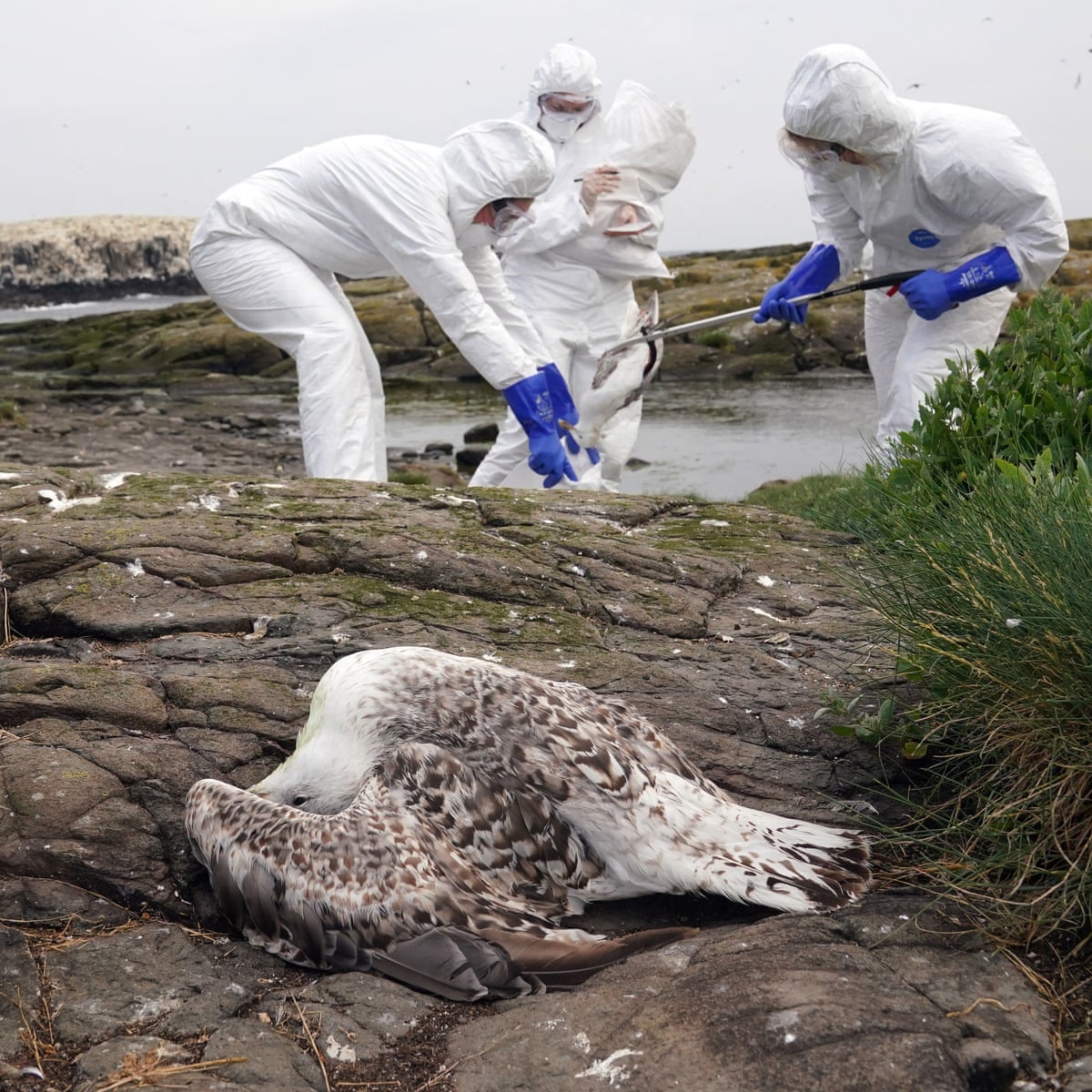22 August 2023 See all updates. WEB So far 78 UK bird species have tested positive for avian flu including most of our breeding seabirds. WEB Sun 26 Feb 2023 0434 EST British health officials are preparing plans to deploy lateral flow tests if signs emerge that..
22 August 2023 See all updates. WEB So far 78 UK bird species have tested positive for avian flu including most of our breeding seabirds. WEB Sun 26 Feb 2023 0434 EST British health officials are preparing plans to deploy lateral flow tests if signs emerge that..
**H5N1 Avian Influenza Outbreak: A Historical Overview** From 2003 to 2005, a highly pathogenic avian influenza (HPAI) H5N1 virus spread from wild birds to poultry in Africa, the Middle East, and Europe. **Ukraine Outbreak** On December 5, 2005, Ukraine experienced a significant outbreak of bird flu, resulting in the death of approximately 2000 domestic birds. **Human Cases** As of April 3, 2024, only 45 human cases of H5N1 avian flu, including 32 deaths, had been reported worldwide. **Genetic Makeup** Researchers have analyzed the genetic makeup of avian influenza viruses to understand their evolution and spread. **Historical Context** This blog post provides a historical perspective on avian influenza viruses, shedding light on their emergence and impact on both poultry and humans.
**Urgent Measures in Galápagos to Combat Avian Flu Threat** **Galápagos Islands, Ecuador** - National park authorities on the Galápagos Islands have implemented heightened biosecurity measures to protect the archipelago's unique fauna from the deadly H5N1 strain of avian flu. The development has alarmed conservation biologists, as this strain has caused widespread devastation among birds and marine mammals on five continents. In mid-September 2023, the first case of H5N1 Avian Influenza was detected in the Galápagos, causing concern about its potential impact on the archipelago's biodiversity. The virus, which has been declared a global pandemic in animals (known as a panzootic), has been particularly destructive outside the Galápagos. Experts are unsure why the archipelago has so far remained unaffected, but biosecurity agents are working diligently to prevent its spread. "The Galápagos Islands are home to some of the most unique and fragile species on Earth," said a park spokesperson. "Protecting them from this highly contagious virus is crucial for the preservation of their biodiversity." The biosecurity measures include increased inspections of incoming vessels and aircraft, disinfection of equipment, and quarantine protocols for wildlife. Authorities are also closely monitoring bird populations and collecting samples for testing. "We are taking every possible step to keep the H5N1 virus out of the Galápagos and protect the health of our wildlife," added the spokesperson. Conservationists around the world are urging the international community to support the Galápagos Islands in its efforts to combat avian flu and safeguard its irreplaceable biodiversity.
**First Human H5N1 Bird Flu Infections Reported in Cambodia for 2024** February 27, 2024 (Cambodia) - The Cambodian Ministry of Health has reported the first confirmed human infections of the highly pathogenic avian influenza H5N1 virus for 2024. Two individuals, a 12-year-old girl and her father, have tested positive for the virus. According to local health officials, the girl became ill on February 15 after coming into contact with dead poultry. She developed a fever, cough, and sore throat, and was admitted to a local hospital. Her father, who cared for her during her illness, also developed similar symptoms. Laboratory testing confirmed the presence of the H5N1 virus in both individuals. They are currently receiving treatment and are in stable condition. The World Health Organization (WHO) has been notified of the cases and is monitoring the situation closely. The organization emphasized the importance of bird flu surveillance and early detection to prevent further human infections. The H5N1 virus is a highly contagious bird flu virus that can also infect humans. It is primarily spread through contact with infected birds or their bodily fluids. Human infections can range from mild to severe, and in some cases, can be fatal. The reported cases in Cambodia highlight the continued threat of bird flu to human health and the need for ongoing surveillance and prevention measures. The United States has the strongest avian influenza surveillance program in the world, and has been closely monitoring the spread of the H5N1 virus.


Comments